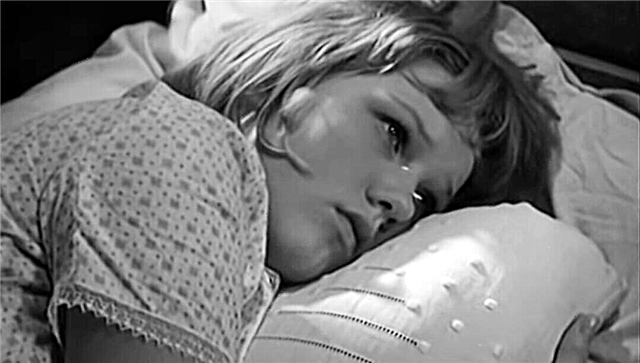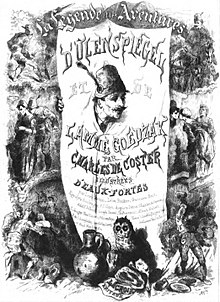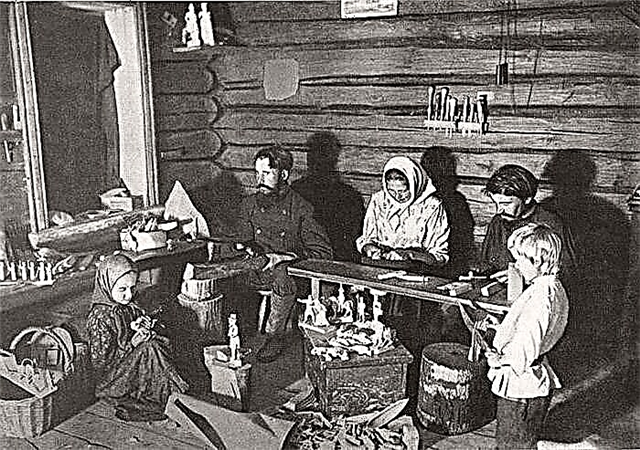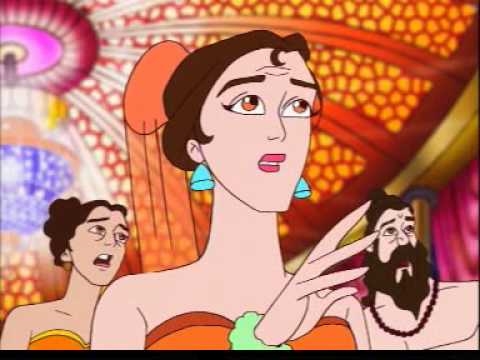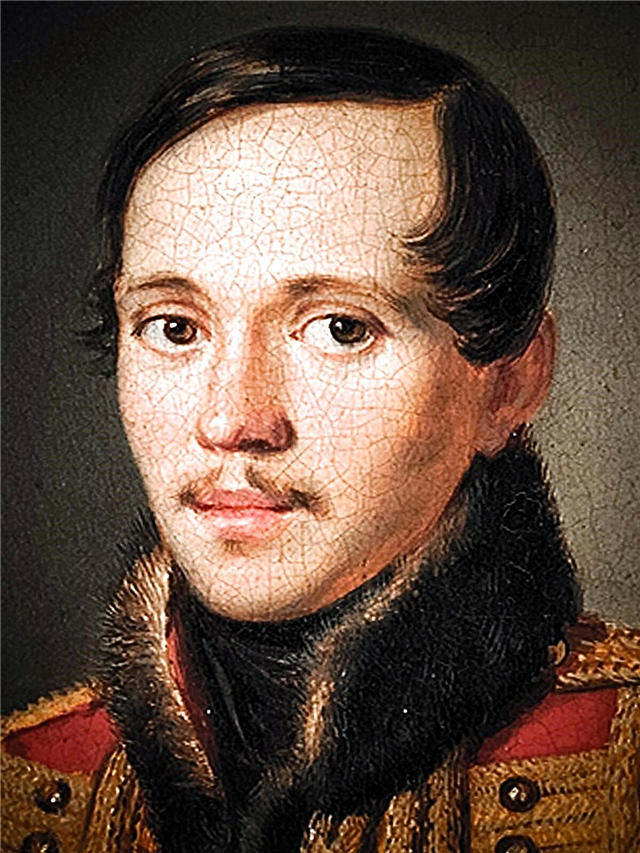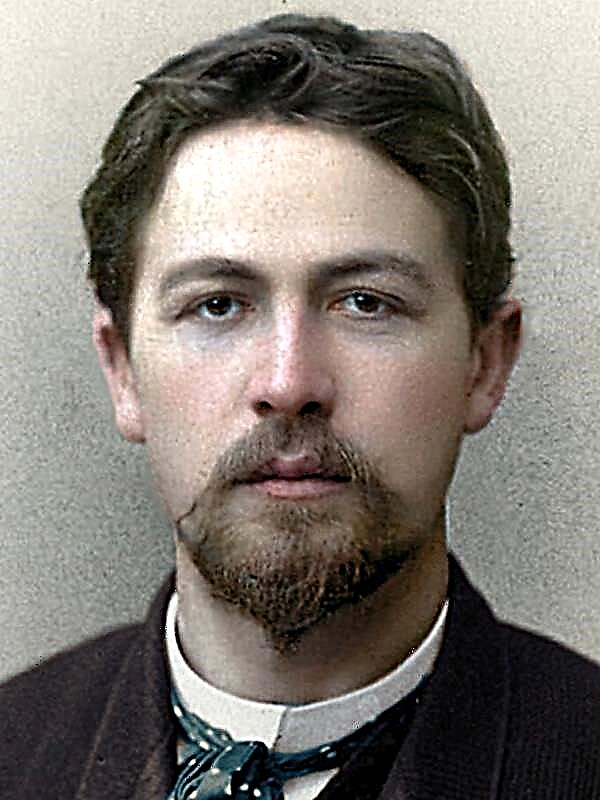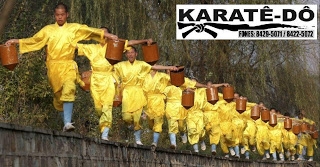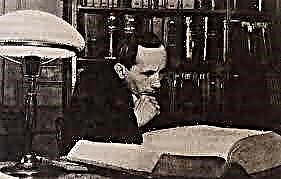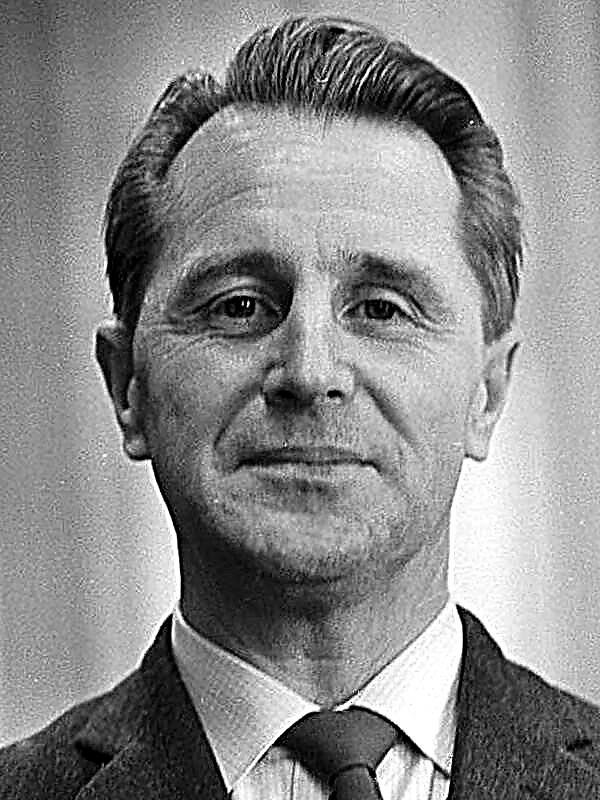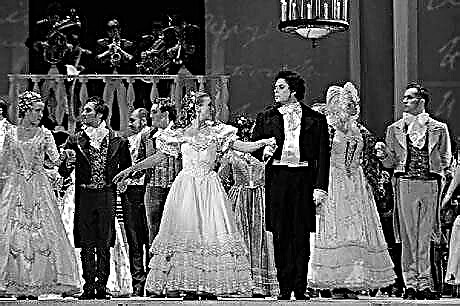Share
Pin
Tweet
Send
Share
Send
In this collection, we described the main problems encountered in the texts to prepare for the exam in the Russian language. The arguments under the headings with the wording of the problem are taken from well-known works and demonstrate every problematic aspect. You can download all these examples from the literature in table format (link at the end of the article).
Lack of culture and lack of spirituality
- In his play “Woe from Wit” A.S. Griboedov showed a spiritless world mired in material values and empty entertainment. This is the world of Famus society. Its representatives oppose education, against books and sciences. Famusov himself says: “It would be good to take all the books, but to burn them.” In this stuffy swamp, which has turned its back on culture and truth, it is impossible to find an enlightened person, Chatsky, who is rooting for the fate of Russia, for its future.
- M. Bitter in his play "At the bottom"Showed a world devoid of spirituality. Quarrels, misunderstanding, and disputes reign in the rooming house. Heroes, indeed, are at the bottom of life. There is no place for culture in their everyday life: they are not interested in books, paintings, theaters and museums. Only the young girl Nastya reads in a rooming house, and she reads romance novels, which, in terms of art, lose a lot. The actor often quotes lines from famous plays, as he himself previously performed on stage, and this more strongly emphasizes the gap between the Actor himself and real art. The heroes of the play are divorced from culture, so their life is like a series of gray days replacing each other.
- In the play by D. Fonvizin “The Undergrowth” the landowners are ignorant inhabitants, obsessed with greed and gluttony. Mrs. Prostakova is rude to her husband and servants, rude and oppresses everyone who is below her social status. This noble woman eschews culture, but she tries to impose her son to the beat of fashionable trends. However, nothing comes of her, because by her example she teaches Mitrofan to be a stupid, limited and ill-mannered person who does not cost anything to humiliate people. In the finale, the hero openly tells his mother to leave him alone, refusing her comfort.
- In the poem Dead Souls by N. V. Gogol landowners, the support of Russia, appear before readers as vile and vicious people without a hint of spirituality and enlightenment. For example, Manilov only pretends that he is a cultured person, but the book on his desk was covered with dust. The box is not at all embarrassed by its narrow horizons, openly demonstrating utter stupidity. Sobakevich focuses only on material values, spiritual ones are not important to him. And the same Chichikov does not care about his enlightenment, he is only concerned about enrichment. Thus, the writer depicted the world of high society, the world of people to whom power was rightfully granted to the estate. This is the tragedy of the work.
The influence of art on man
- One of the brightest books where a work of art occupies a significant place is the novel Oscar Wilde "Portrait of Dorian Gray." The portrait painted by Basil Hallward truly changes the life of not only the artist himself, who falls in love with his creation, but also the life of the young sitter, Dorian Gray himself. The picture becomes a reflection of the hero’s soul: all the actions that Dorian performs immediately distort the image in the portrait. In the finale, when the hero clearly sees what his inner being has become, he can no longer continue to live in peace. In this work, art becomes a magical force that reveals to man his own inner world, answering eternal questions.
- In the essay "Straightened" G.I. Assumption touches on the impact of art on man. The first part of the narrative in the work is connected with Venus Milosskaya, the second is connected with Tyapushkin, a modest rural teacher, the ups and downs of his life and the radical change that occurred in him after the memory of Venus. The central image is the image of Venus of Milos, a stone riddle. The meaning of this image is the personification of the spiritual beauty of man. This is the embodiment of the eternal value of art, which shakes the personality and straightens it. Remembering her allows the hero to find strength to stay in the village and do a lot for ignorant people.
- In the work of I. S. Turgenev “Faust” the heroine never read fiction, although she was already in adulthood. Upon learning of this, her friend decided to read aloud to her famous Goethe's play about how a medieval doctor was looking for the meaning of life. Under the influence of what she heard, the woman has changed a lot. She realized that she was living wrong, found love and gave herself to feelings that she did not understand before. This is how a work of art can awaken a person from a dream.
- In the novel by F. M. Dostoevsky "Poor People" the main character spent his whole life in ignorance until he met Varenka Dobroselova, who began to develop him by sending books. Prior to this, Makar read only low-grade works without a deep meaning, so his personality did not develop. He put up with the insignificant and empty routine of his existence. But the literature of Pushkin and Gogol changed him: he became an actively thinking person, who even learned to write letters better under the influence of such masters of the word.
True and false art
- Richard Aldington in the novel "The death of a hero" in the images of Schobb, Bobb and Tobb, legislators of the fashionable literary theories of modernism, showed the problem of false culture. These people are busy only with empty talk, and not with real art. Each of them speaks with his own point of view, considers himself unique, but, essentially, all their theories are the same idle talk. It is no coincidence that the names of these heroes are similar, like twin brothers.
- In the novel "The Master and Margarita "M.A. Bulgakov showed the life of literary Moscow of the 30s. MASSOLITA Editor-in-Chief Berlioz is a chameleon man, he adapts to any external conditions, any power, order. His literary house is commissioned by the rulers, for a long time there are no muses and there is no art, real and sincere. Therefore, a truly talented novel is rejected by the editors and is not recognized by readers. The authorities said that there is no God, and therefore literature says the same. However, the culture, which is stamped to order, is only propaganda, which has nothing to do with art.
- In the story of N. Gogol "Portrait" the artist traded true skill for the recognition of the crowd. Chartkov found the money hidden in the purchased painting, but they only inflated his ambition and greed, and over time his needs only grew. He began to work only on order, became a fashionable painter, but he had to forget about the true art, there was no more room for inspiration in his soul. He realized his wretchedness only when he saw the work of the master of his craft, which he might once have become. Since then, he bought up and destroyed genuine masterpieces, completely losing his mind and ability to create. Unfortunately, the line between true and false art is very thin, it is easy not to notice it.
The role of culture in society
- The problem of estrangement from spiritual culture in the post-war times was shown in his novel "Three comrades" E.M. Remark This topic is not given a central place, but one episode reveals the problem of a society mired in material worries and forgot about spirituality. So, when Robert and Patricia walk along the streets of the city, they run into the art gallery. And the author, through the mouth of Robert, tells us that people stopped visiting here a long time ago in order to enjoy art. Here are those who hide from rain or heat. Spiritual culture has faded into the background in the world where hunger, unemployment, death reign. People in the post-war period are trying to survive, and in their world, culture has lost value, like human life. Having lost the value of the spiritual aspects of being, they became brutalized. In particular, the friend of the protagonist, Lenz, dies from the antics of the frantic crowd. In a society without moral and cultural landmarks, there is no place for peace; therefore, war easily arises in it.
- Ray Bradbury in the novel "451 degrees Fahrenheit" showed the world of people who refused books. Everyone who is trying to preserve these most valuable treasures of human culture is severely punished. And in this world of the future, there are many people who have accepted or even support the general tendency to destroy books. Thus, they themselves moved away from culture. The author shows his heroes empty, meaningless philistines fixated on the television screen. They talk about nothing, do nothing. They simply exist, without even feeling or thinking. That is why the role of art and culture is very important in the modern world. Without them, he will become poor and lose everything that we cherish so much: individuality, freedom, love and other intangible values of the individual.
Culture of behavior
- In the comedy "Undergrowth "D.I. Fonvizin shows the world of ignorant nobles. This is Prostakova, and her brother Skotinin, and the main undergrowth of the Mitrofan family. These people in each of their movements, the word show lack of culture. The vocabulary of Prostakova and Skotinin is rude. Mitrofan is a real idler, used to the fact that everyone is running after him and fulfilling every whim of his. People who are trying to teach Mitrofan something are not needed either by Prostakova or by the young. However, this approach to life does not lead the heroes to anything good: in the person of Starodum, retribution comes to them, putting everything in its place. So sooner or later ignorance will still fall under its own weight.
- M.E. Saltykov-Shchedrin in a fairy tale "Wild landowner" showed the highest degree of lack of culture, when a person can no longer be distinguished from the beast. Previously, the landowner lived on everything ready thanks to the peasants. He himself did not bother either with work or with enlightenment. But time passed. Reform. The peasants are gone. Thus, the outer gloss of the nobleman was removed. His true bestial nature begins to emerge. He grows hair, begins to walk on all fours, stops talking articulate. So, without labor, culture and enlightenment, man turned into a beast-like creature.
Share
Pin
Tweet
Send
Share
Send

